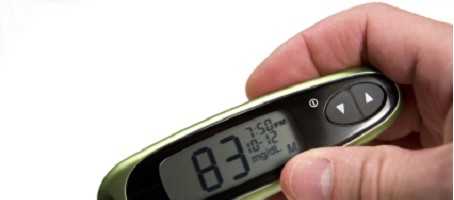A teenager’s life was left in the balance after surgery staff failed to recognise the importance of early action in diagnosing type 1 diabetes.
Owen Woodhouse, was displaying the classic symptoms of diabetes. He had lost a stone in weight within 5 days, was frequently going to the toilet, had lost his appetite and was very noticeably weak. Suspecting diabetes, Owen’s family tried to book a diagnosis but were only offered a routine appointment in four days time by the surgery’s receptionist.
It was not long before Owen’s condition deteriorated further so his family called 111. The advisors on the line instructed them to take Owen to hospital immediately.
Upon arriving at the Royal Lancaster Infirmary, Owen was barely conscious, suffering with advanced stages of ketoacidosis, and was put straight onto a drip in the children’s ward. It took five days and a period spent on the high dependency ward for Owen to regain health and be considered well enough to go home.
Owen and his family are grateful for the care he received at the hospital in saving his life. The surgery which had failed to offer an emergency diagnosis appointment sent an apology to Owen and will be undertaking training for receptionist staff to understand and recognise the emergency implications of cases of suspected type 1 diabetes.
What's new on the forum? ⭐️
Get our free newsletters
Stay up to date with the latest news, research and breakthroughs.





